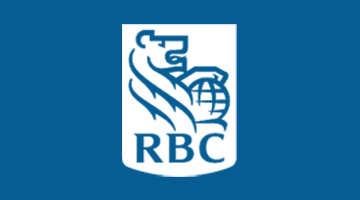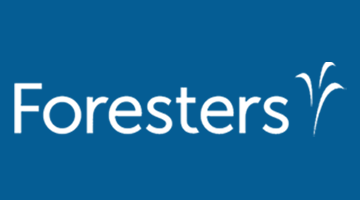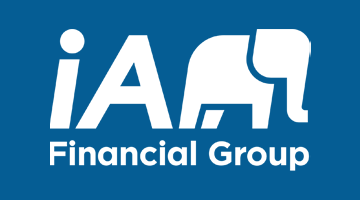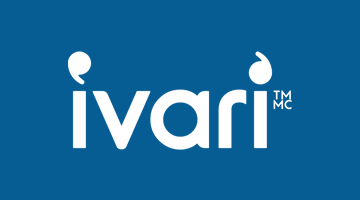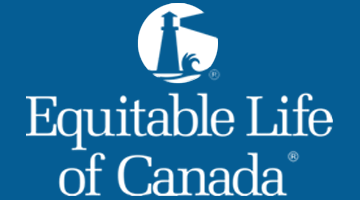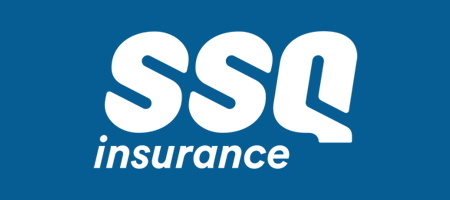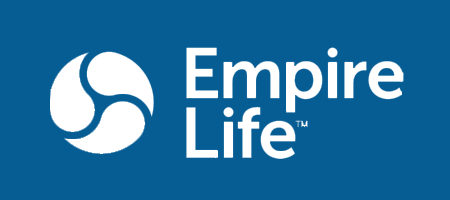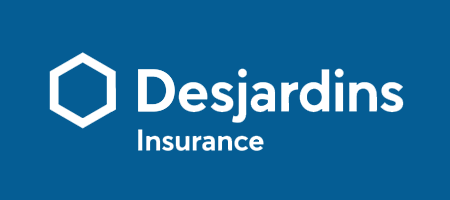Get Your FREE Life Insurance Quotes Today
Insurance Terms Glossary
Insurance Terms Glossary:
-A-
Accident – An event of occurrence that causes damage or injury to someone, which is unforeseen and unintended.
Accidental Death Benefit – With a life insurance policy, in the event of an accidental death, this benefit is paid in addition to the regular death benefit. This is defined by your policy and may have certain exclusions relating to type of accident, and time and age benefits.
Act of God – Some unpreventable accident or event that is due to natural causes.
Age Limits – Gives an age range that an insurance company will accept and renew policies within.
Annuitant – In a life annuity, this is the individual who receives the pay out until their death.
Application – If you’re applying for any type of coverage, this is what your broker will send the life insurance company. The information on your application is what the insurance company uses in its decision to issue a policy. If they accept it, the application then becomes part of your policy.
Assuris – A Canadian nonprofit organization that protects policyholders in the event their insurance company becomes insolvent. This means that even if your insurance company were to go belly up, you could still make a claim with your policy. For more information visit their website at www.assuris.ca.
Assignment – A legal transference that a policy holder can make to pass on his interest to another person. It can be made either by an endorsement on the policy, or as a separate deed.
-B-
Beneficiary – In a policy, a beneficiary is the person that is name as the recipient of the proceeds upon the death of the insured. The beneficiary can be either a person(s) or entity(ies) (eg. corporation, trust, etc.).
Business Insurance – A type of policy which covers the interests a business has in a key employee, or partner in the event they were to become disabled, or die.
-C-
Cancellable – A contract that can be cancelled during its term by the insurer or the insured.
Coverage – Defines the amount of protection provided under a contract.
-D-
Days of Grace – States the number of days that premium payments can be overdue without the loss and automatic cancellation of the policy.
Depreciation – The loss of value of property due to wear and tear. Depreciation occurs over time and is used to determine the actual cash value of property at the time of loss.
-E-
Endowment Policy – A policy in which a premiums are determined by the insured’s age at entry and the term of the policy. Once this policy matures, a specified amount is then payable. If death occurs before, then that amount is payable as well.
Excess and Surplus Insurance – A type of insurance that is meant to provide cover for a specific or unusual one time risk, for which coverage is usually unobtainable.
Exclusions – In a policy, this defines the specific conditions or circumstances that forfeit coverage.
-F-
Family Insurance – A type of life insurance policy that provides insurance on all members on one contact.
Fiduciary – In a trust, this is the person that holds it for another.
-G-
Group Life Insurance – A type of policy that insures a group of people under one master policy.
Guaranteed Policies – A policy where payments remain fixed.
-I-
Indemnity – A legal principle that specifies that an insured shouldn’t financially benefit from a loss, but return to approximately the same financial position.
Insurable Interest – When some has an “interest” in seeing someone continue to live because their death would cause emotional or financial loss, that interest is considered “insurable.”
Insurability – When an insurance company looks at an application, the insurability are the conditions that pertain to that individual’s susceptibility to injury and life expectancy. It define’s their risk profile.
Insured – When a person’s life is covered by a policy of insurance, they are said to be “insured.”
-L-
Limitation and Exclusions – These are conditions that are listed in a policy which define which benefits are not paid.
Lump Sum – These are proceeds that are paid all at once, as opposed to installments.
-P-
Permanent and Total Disability – Disability that prevents someone from working again because of an injury or illness. Disability insurance covers this specifically.
Pre-existing Condition – For conditions that existed prior to a someone applying for an insurance policy which may have an impact on that person’s application, or their premium rate.
-R-
Registered Retirement Savings Plan (RRSP) – An account that provides tax benefit savings for saving for retirement.
Reinstatement – If a policy lapses, it may be reinstated after evidence is provided to the insurance company that provides evidence of insurability.
Rider – This is a provision on a policy that either adds or restricts benefits.
Risk – When an insurance company issues a policy, this is the legal obligation they assume.
-S-
Short-term Disability Insurance – This is a type of insurance that covers someone for a limited period of time if they were to become disabled (ie: one year).
Sub Standard Risk – When a person is considered “sub standard risk” they are considered an under-average or impaired insurance risk which may be for a variety of reasons. Some examples include medical, physical condition, dangerous habits (ie: smoking or personal history of disease).
Surrender Value – The value that is payable to a policy holder if they decide to terminate their policy before its maturity. This is known as the surrender value.
Survival Benefit – This is the payment of sum that has been assured to the incurred person, in a money back policy.
-T-
Term Life Insurance – A specific type of life insurance that provides death benefit protection for a specified length of time and only pays benefits in the even the insured person dies within that period.
-U-
Underwriter – An employee of an insurance company that identifies and calculates the “risk of loss” from policyholders. An underwriter will also establish premium rates, and write policies to cover the risks.
Back to Top
-V-
Voluntary Life Insurance – Insurance usually offered by an employer in which the employee pays the entire monthly premium based on the group’s characteristics.
Back to Top
-W-
Waiver of Premium – The provisions of a policy which allow the coverage to continue without further premium payments if the insured is totally disabled.
Whole Life Policy – A type of life insurance in which the premiums are paid for the entire life of the assured. It also accumulates a cash value policy which is, in effect, a built in savings policy.
Back to Top
This completes our Insurance Terms Glossary! If we’ve missed anything or you need further assistance. Please call us today!




